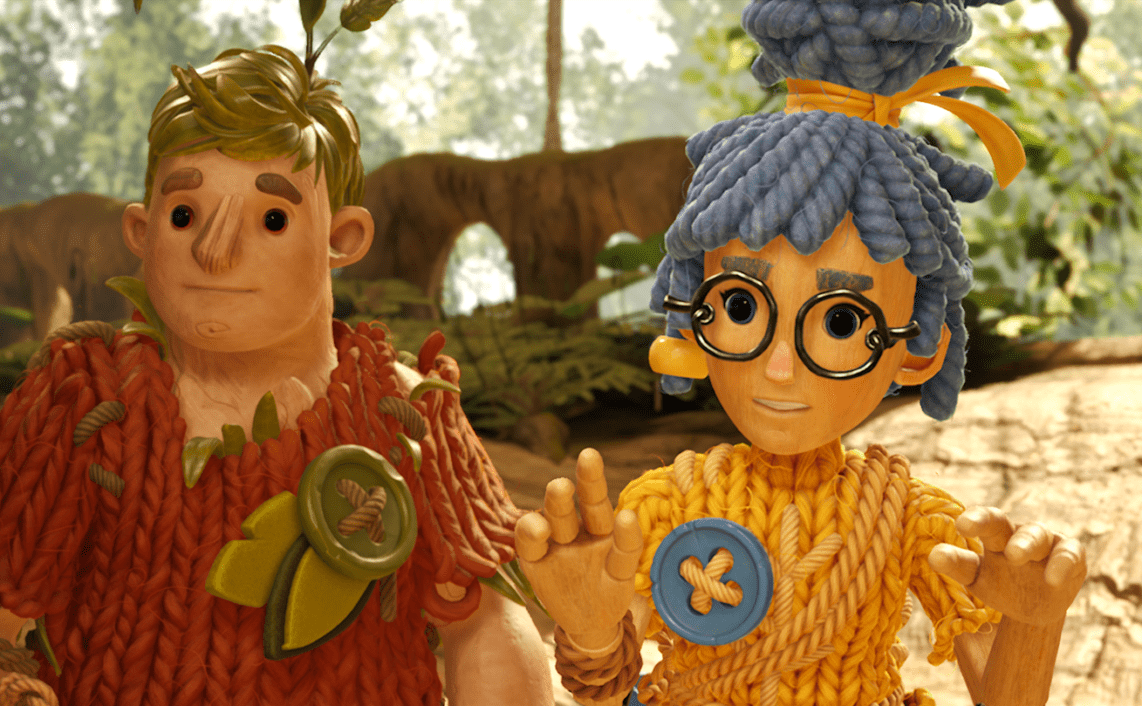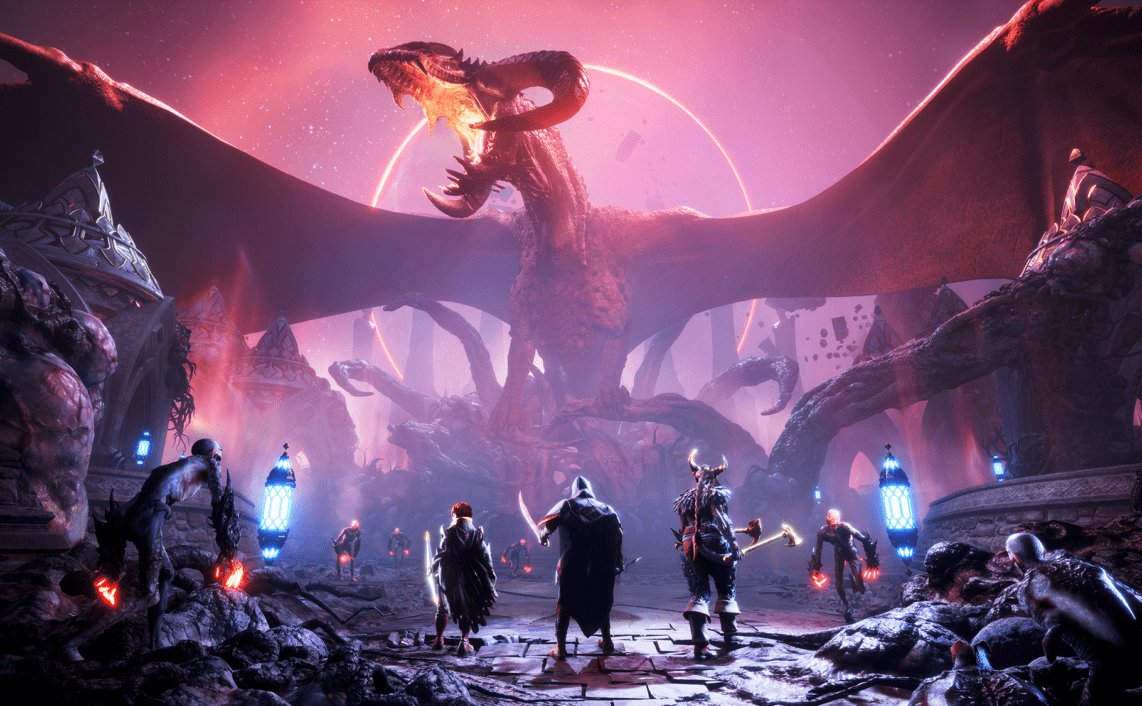Depression is defined as a mental state in which you are sad and feel that you cannot enjoy anything, because your situation is so difficult and unpleasant. It’s an illness that nests deep inside the soul and lets every small step you need to make feel like you have heavy chains around your feet.
Keeping this in mind makes it easier to understand that people who used to love playing games prior to getting ill struggle to enjoy their hobby the same way they did before. Games are supposed to be a means of lighthearted escape from the daily struggle. If they, at some point, turn into their own discipline of work for the depressed player, they cannot fulfill this promise anymore. Due to their mental state, it doesn’t even take much to put a depressed person off their favorite game.
It could be the smallest thing. A longer than usual loading time for example, that feels like a slap to the face for even trying to do something joyful to the depressed player. Or maybe even a hurdle so small as lacking five pieces of wood in Anno 1800, which would require only a minimum amount of discipline in waiting for the wood cutter to do his job, which wouldn’t be worth mentioning for a healthy player. From a depressed person’s perspective however, this slight inconvenience may already trigger the feeling that nothing ever goes well and everything is unneccesarily exhausting for them.
Walking simulators allow me to take in the game’s world at my own pace, without having to fear being surprised by a stressful action set piece. They give me a sense of control that I lack in reality.
Long story short – for players suffering from depression, it’s all about experiencing as little obsticles as possible during a play session. For me, as I discovered, it’s all about predictability. I noticed that I started to enjoy walking simulators like Dear Esther or Draugen, because they allow me to follow their story and to take in the game’s world and characters at my own pace, without having to fear being surprised by a stressful action set piece or QTE. They give me a sense of control that I lack in reality and that translates to other genres of digital entertainment that feature a more open structure. Where I used to praise games that felt like rollercoaster rides, keeping new gameplay ideas ready for me behind every corner, today, I am more the relaxed marry-go-round kind of player. As unexpected changes to the game’s formula or pace resemble a lack of control over the situation.
It is no wonder then, that being allowed to save my progress and quit whenever I feel like, without having to suffer some kind of penalty when I log back on, is something I greatly appreciate these days. There are also games like Distant Worlds 2, that allow the player to choose which aspects of the (very complex) game they would like to manage themselves, and which ones they would prefer to be handled by the AI. This sort of player agency, being able to define the grade of work that has be to put into the experience, is a concept that I, from my very personal perspective, hope will catch on.
〈 If you too are suffering from mental issues, you are not alone. It is okay to ask for help and possible to get treatment, please do so and talk to your doctor. You can also call these numbers of the german pastoral care office for free.
0800 / 111 0 111 & 0800 / 111 0 222 〉




